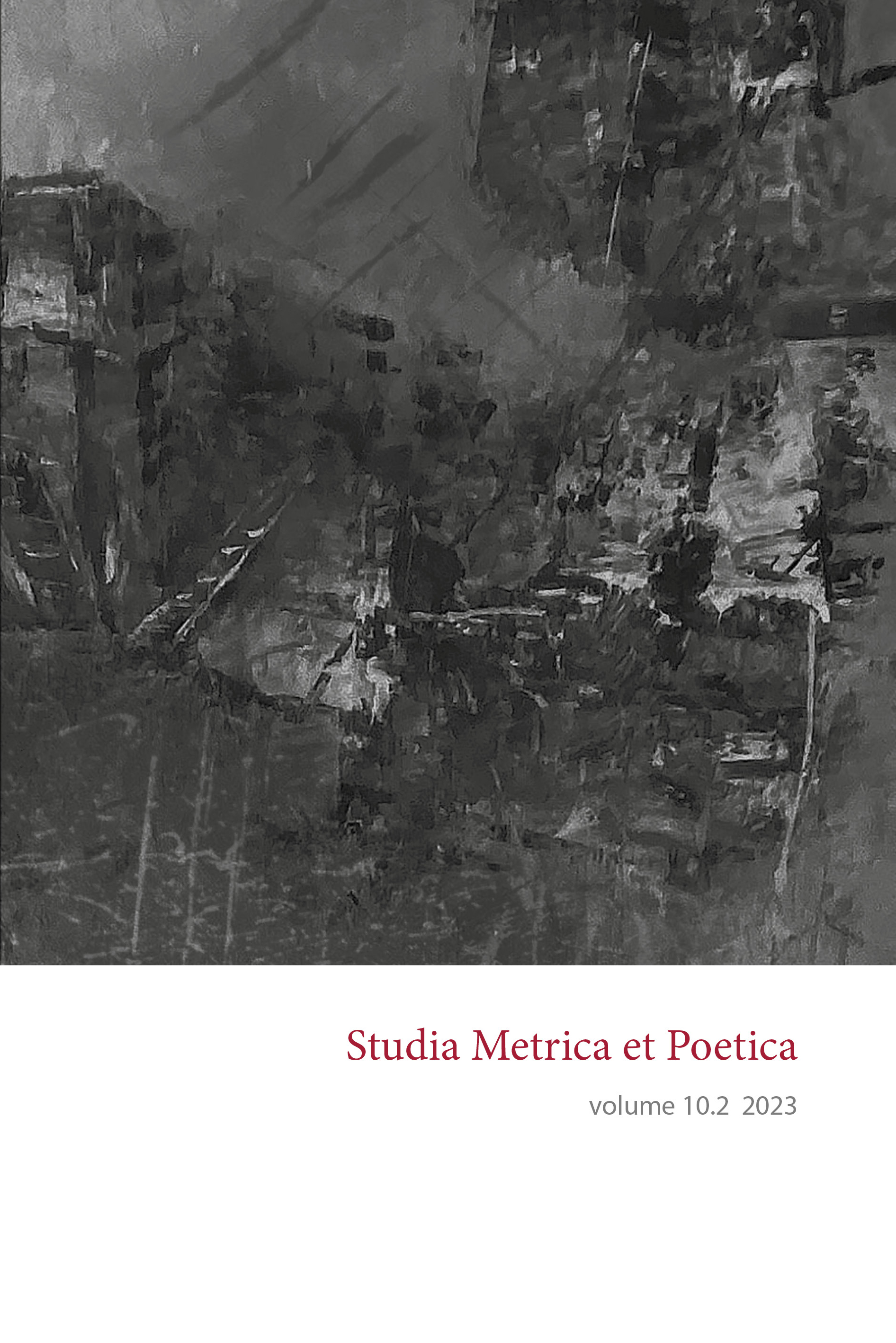Rhyme in dróttkvætt, from Old Germanic Inheritance to Contemporary Poetic Ecology II: Rhyme as an Inherited Device of Old Germanic Verse
DOI:
https://doi.org/10.12697/smp.2023.10.2.02Keywords:
rhyme, alliterative poetry, oral meter, Germanic, eddic, skaldicAbstract
This paper is the second in a three-part series on the distinctive type of rhyme in the Old Norse dróttkvætt meter, argued to have emerged through the metricalization of uses of rhyme within a short line found across Old Germanic poetries. Whereas the first paper outlined the argument and its background, this paper explores uses of rhyme in Old Germanic poetries other than Old Norse. Rhyme involving the stressed syllable or word stem irrespective of subsequent syllables is shown to be a device of these poetic systems. Especially in Old English, such rhyme is used to support and reinforce the basic meter and may even fill a metrical function in the place of additional alliteration. The type of rhyme is argued to be an inherited feature of the poetic system, an argument also supported by the metricalized use of rhyme in Old Norse dróttkvætt poetry. Because some theories of the Old Germanic poetic form require viewing rhyme as competing and interfering with its rhythm, the rhymecompatible model used here is outlined.


